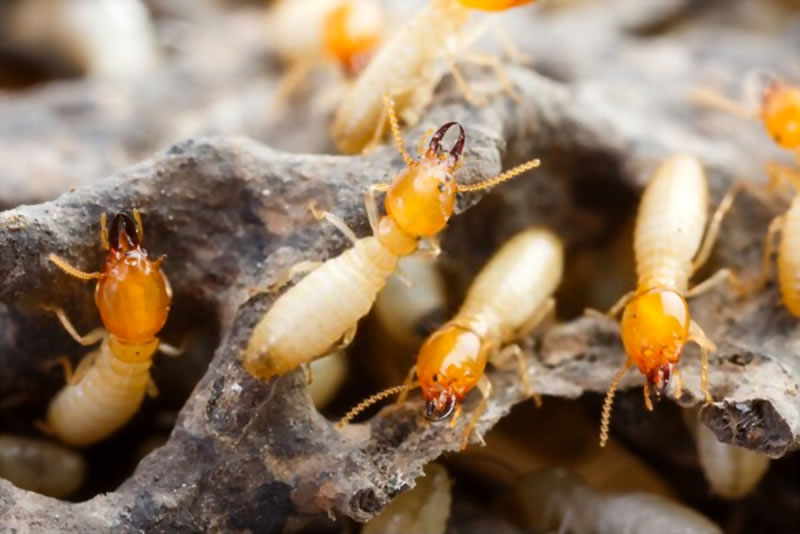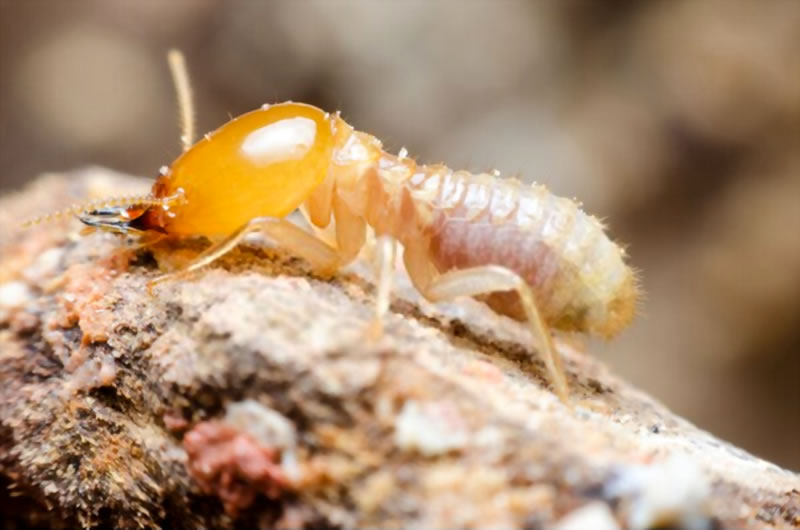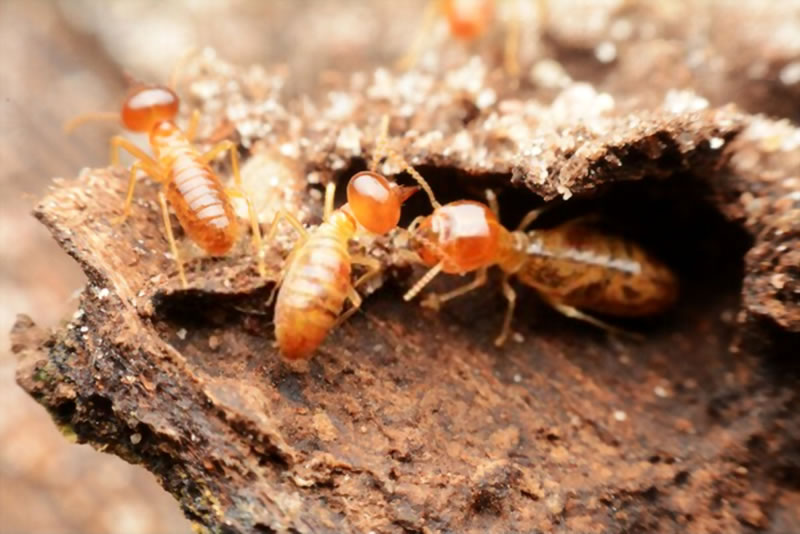What Exactly is a Termite Barrier?
Termites are a legitimate hazard to any property owner in Australia. If you live closer to Queensland, even more so. The conditions are ideal for rampant termite colonising. Are you looking for effective ways to manage your property and protect against termites on an ongoing basis? A termite barrier is probably one of the best solutions.
They come with a guarantee and most of them last around 8 years. During that time, you’ll simply have to arrange the occasional termite inspection. This will give you the reassurance that your property is safe and that your treatments continue to take effect. Termite barriers are a costly once-off fee.
However, thereafter, the ongoing maintenance is fairly straightforward. There are a variety of different termite barriers. For that reason, there’s no single answer to the question “what is a termite barrier”. Here are the most highly recommended termite barriers in their various shapes and forms:
The different types of termite barriers
The best termite barrier will be the termite barrier that works for you. That means we have to consider your property your lifestyle, your ethos, your location, and of course, the termites you’re most vulnerable to. It takes the skilled eyes of a qualified professional to assess your environment. We will also have to check for existing termites on the property. We cannot have active termites and colonies present when we are installing a termite barrier.
Chemical soil termite barriers
Possibly one of the most popular termite barriers is a chemical-based solution that goes into the soil. First, we create a trench around your house. A chemical mixture goes into the soil. This prevents subterranean (underground) termites from accessing the building.
The chemical is usually a termiticide, meaning the termites get poisoned when they touch the chemicals. The trouble with subterranean termites that they are so evasive, they’re difficult to detect. Chemical soil barriers ensure that these sneaky pests are unable to penetrate the safe zone around your building. Chemical termite barriers are often the easiest to install. That said, they do require regular chemical top-ups to keep them active and efficient.
Physical termite barrier
Physical termite barriers are chemical-free. For that reason, people tend to favour them. They are also low maintenance, they require no top-ups as such. They only require regular inspections. The materials used for physical termite barriers include mesh and steel.
This is impenetrable for the termites. The challenge of installing physical barriers is that they often have to install them during the construction phase. Some properties are an exception. These are long-lasting barriers with many benefits.
The process of installing physical termite barriers is very labour intensive. It will require significant trenching and burying. Any concrete structures, pavers, pathways, or surfaces around the building? A chemical termite barrier is the best answer.
How termite barriers work
As the name implies, a barrier serves to create a safe zone. That means the termites are unable to break the barrier which protects the safe zone. The safe zone, being your home. As immaculate as your construction teams might be, small hairline faults to happen.
It’s not always a building imperfection. Sometimes, seasonal changes and varying temperatures that cause some expansion and occasional cracks. While it’s perfectly normal and dangerous, it does provide the perfect entryway for termites.
Termite barriers, whether they are physical or chemical, act as a no-entry zone for termites. This means your vulnerable areas are safe. Often, subterranean termites enter into a building from under the ground. Other times, they use plumbing outlets. Regardless of their entry method, a termite barrier will safeguard the entire building.
Who needs a termite barrier?
Australians are all at risk of suffering termite damage. That means anyone who lives in the country and owns property should utilise termite protection in one way or another. A termite barrier is for those who have already exterminated pests from their property.
A termite barrier serves as ongoing protection, it does not eradicate termites. If you own a property that has no buildings as yet, a termite baiting station might be the best way forward, to begin with. This can help pest control professionals to ascertain the termite presence on the property.
When you start to build or erect any type of structure, you will be able to take the necessary precautions. You can do this by choosing the perfect termite barrier for your property. Anyone who owns property needs a termite barrier, even if you have homeowners insurance.
What is the ongoing maintenance involved?
Different termite barriers have different ongoing maintenance requirements. All of them stipulate that ongoing inspections apply. We have to monitor how well the barrier is functioning. Sometimes, severe weather (like flooding or fires) might affect the barrier if it utilises chemicals. Chemical termite barriers will also require regular chemical top-ups in order to keep them effective. A termite inspection will include a general check of the property.
A professional will also look for the telltale signs that are often very subtle. These signs help to ascertain whether there is a termite presence on the property. It is also worth mentioning that all termite barriers should form half a termite treatment plan. A baiting station will for the other half. This will give you comprehensive termite protection.
Termite damage is not covered by homeowner’s insurance. That means if your home suffers damage by termites, however mild that damage might be, you will not have assistance in getting it repaired. It also means your property will drastically devalue, as most buyers will refuse to buy a house with past termite damage. This applies to homes that have had very mild termite infestations, too. The severity is irrelevant. Protect your assets and safeguard your home with an excellent termite barrier.



